Chet Mitchell Memorial Lecture Series
The Chet Mitchell Lecture series is named in honour of the late Chet Mitchell, a former member of the Department of Law and Legal Studies, who had an irrepressible enthusiasm for research and learning in law and the social sciences. He was a source of inspiration for students and colleagues alike.
Presentations for this lecture series include high profile speakers from a variety of backgrounds. Speakers selected for this series will typically include public figures, jurists, and/or intellectuals that have broad appeal and that engage with aspects of legal studies and social justice.
Past Events

Mar 4
Chet Mitchell Memorial Lecture: Constructing Modern Slavery: Law, Capitalism and Unfree Labour
-
5:00 PM to 6:30 PM
-
2017 Dunton Tower, Carleton University
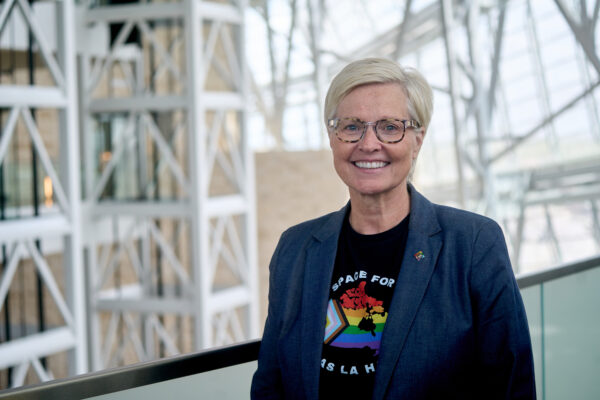
Mar 28
Chet Mitchell Memorial Lecture – Canada’s LGBT Purge: Is History Repeating Itself?
-
10:00 AM to 11:30 AM
-
2017 Dunton Tower, Carleton University
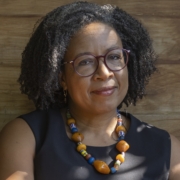
Mar 15
Chet Mitchell Memorial Lecture: A Discussion on the Employment Equity Act Review Task Force Report featuring Adelle Blackett
-
10:00 AM to 10:00 AM
-
2017 Dunton Tower, Carleton University

Mar 20
Chet Mitchell Memorial Lecture: A Conversation about Legal Obligations and Disability Justice with Michael Gottheil, Canada’s First Accessibility Commissioner.
-
4:00 PM to 4:00 PM
-
2nd Floor Conference Rooms Richcraft Hall, Carleton University

Nov 3
Chet Mitchell Memorial Lecture: Dr. Debra Thompson
-
1:00 PM to 2:30 PM
-
Virtual Event
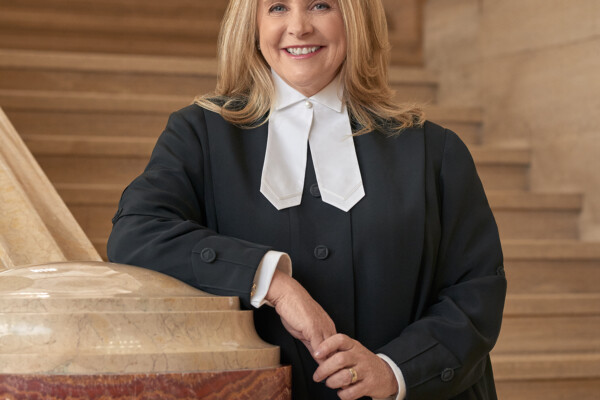
Feb 12
Chet Mitchell Memorial Lecture | “Law and Society” with The Honourable Sheilah L. Martin
-
4:00 PM to 6:00 PM
-
Conference Rooms Richcraft Hall, Carleton University
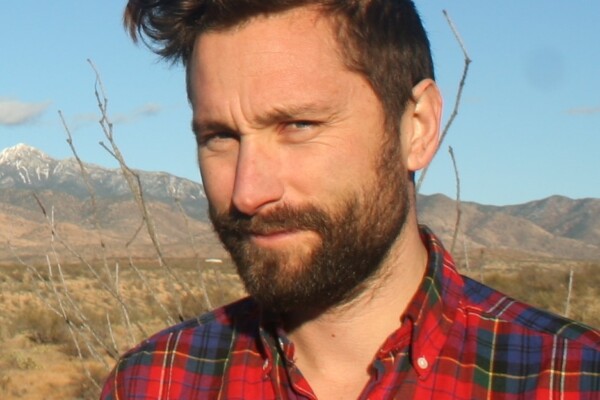
Nov 19
Chet Mitchell Memorial Lecture | “Distressed Neoliberalism”
-
5:30 PM to 7:30 PM
-
2220 Richcraft Hall, Carleton University
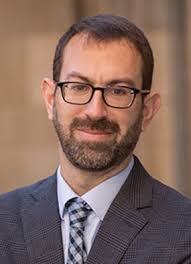
Jan 15
Chet Mitchell Memorial Lecture | “Human Rights in the Neoliberal Maelstrom”
-
7:00 PM to 12:00 AM
-
2224 Richcraft Hall, Carleton University

Nov 7
Chet Mitchell Memorial Lecture | “The Free Sea: A Counter Legal History”
-
5:30 PM to 7:30 PM
-
2017 Dunton Tower, Carleton University

Nov 10
Nov. 10 | Chet Mitchell Memorial Lecture
-
6:00 PM to 8:30 PM
-
2017 Dunton Tower, Carleton University
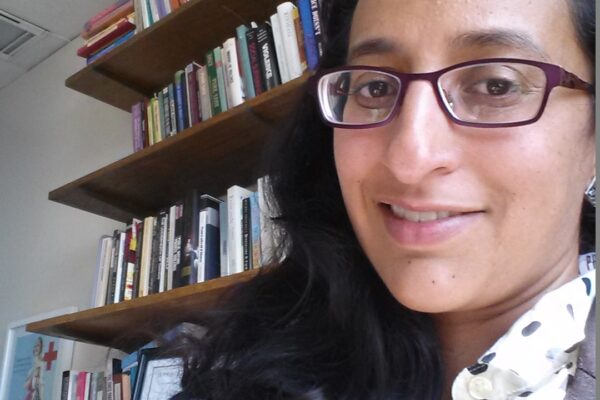
Mar 11
March 11 | Chet Mitchell Memorial Lecture w/ Dr. Sameena Mulla
-
6:00 PM to 8:00 PM
-
2224 Richcraft Hall, Carleton University
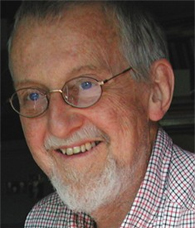
Mar 13
Mar. 13 | Chet Mitchell Memorial Lecture with Prof. Peter Fitzpatrick
-
12:00 AM to 12:00 AM
-
2017 Dunton Tower, Carleton University
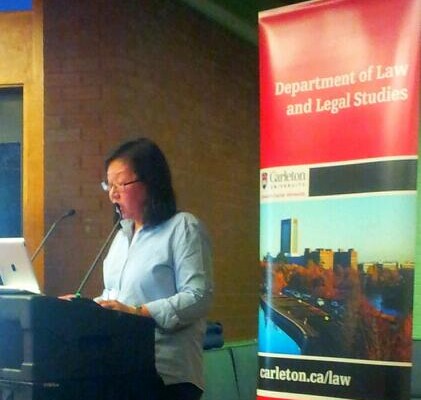
Oct 3
Chet Mitchell Memorial Lecture with Wendy Chan
-
12:00 AM to 12:00 AM
-
Loeb Lounge, 2nd Floor, C Tower Loeb Building, Carleton University